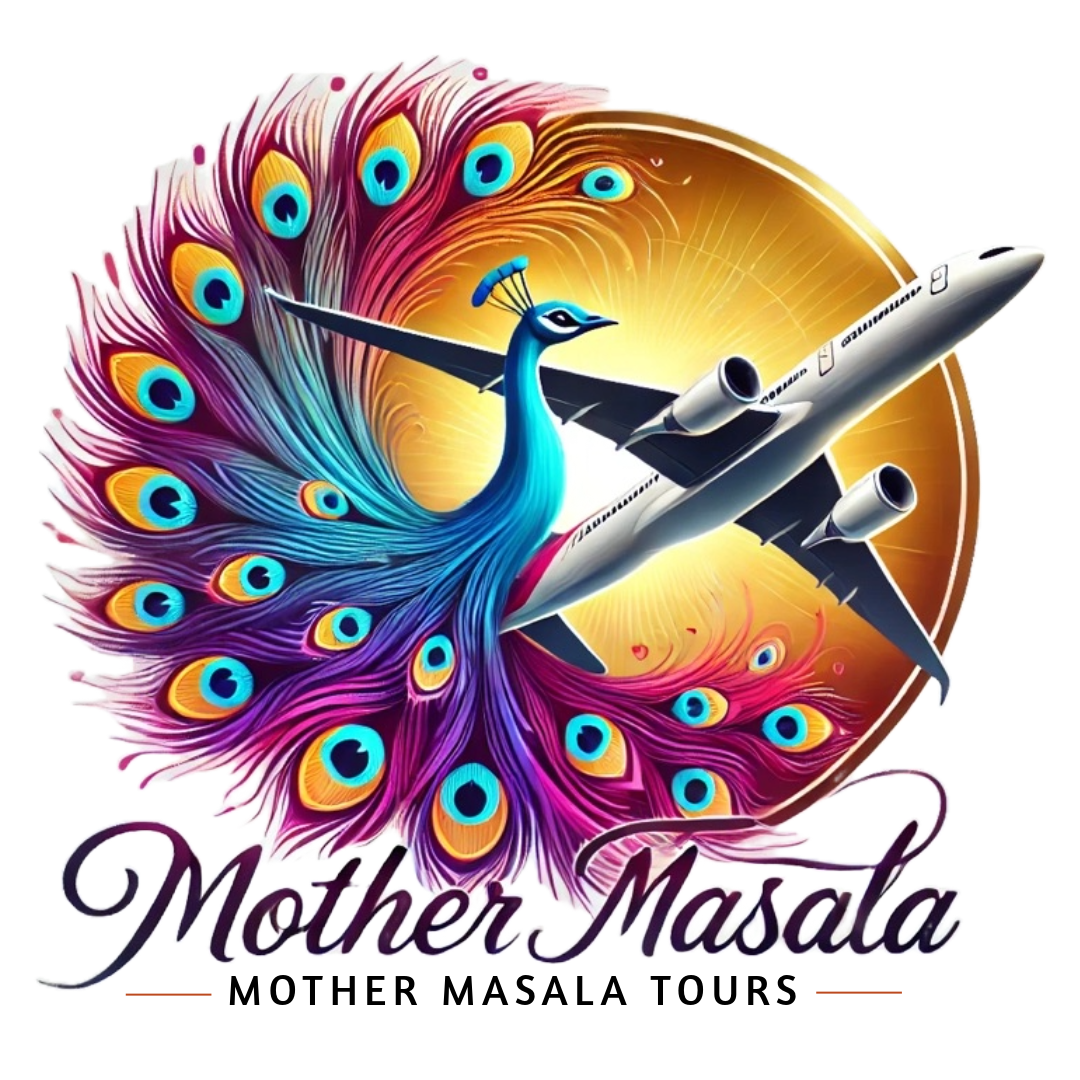
Sunsets, Saffron and Serenity Kashmir Tour
Floating Market Srinagar Kashmir
Mother Masala Tours
Dawn Trade: Kashmir's Aquatic Marketplace
Floating Market Srinagar Kashmir. The summer capital is renowned for its historical and cultural richness. With a population exceeding one million, this city blends urban life with serene natural landscapes. The Floating Market on Dal Lake stands as an iconic attraction, immersing us in the daily lives of the community. Often called "The Venice of the East," the waterways of this city are not just scenic but also vibrant hubs of commerce and culture. Dating back to the Mughal Empire, this unique market reflects traditions that have endured through centuries
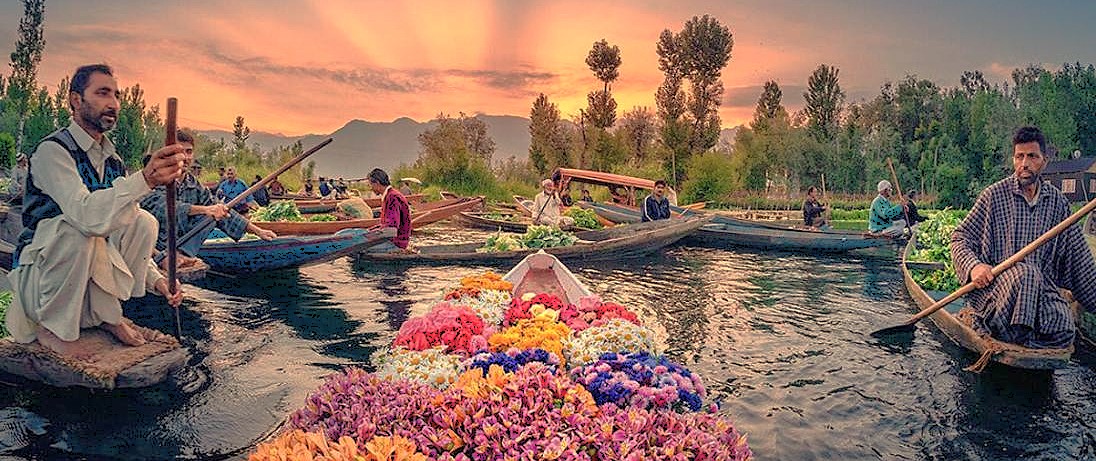
Floating Market Srinagar Kashmir: Timeless Artifacts
The Market is infused with cultural artifacts that symbolize the traditional lifestyle of the local populace. Nestled in the heart of Dal Lake, it features handmade goods, fresh produce, and flowers. As a living market, it serves as a unique space where we can witness the methods of barter and trade that have persisted since its inception. It retains the essence of Kashmiri life, where every item sold carries a story and a connection to the history of the area.
Ancient Mosaics: Impeccable Craftsmanship
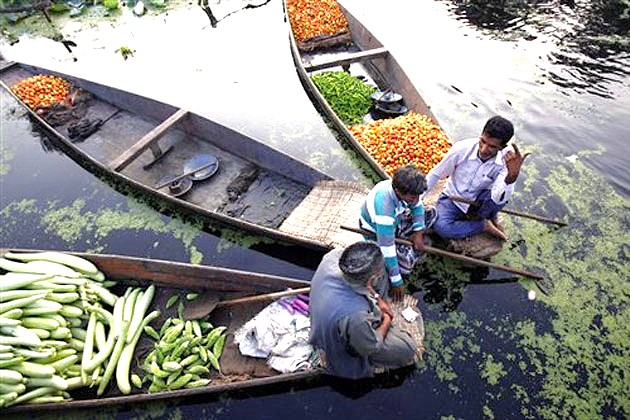
Artisanship is evident in the goods sold at the Market, highlighting the skills passed down through generations. Vendors offer intricately crafted items, including wooden carvings and vibrant textiles. The craftsmanship reflects a history rooted in artistic expression that dates back to Mughal rule in the late 1600s. For instance, the famous Kashmiri shawls, renowned for their exquisite patterns and softness, exemplify the artistry of local weavers. The work of artisans helps preserve traditional skills while providing an income for families.
The Pulse of the Local Community
Floating Market Srinagar Kashmir. Local culture thrives in the Market, characterized by warmth and hospitality. The atmosphere is filled with friendly exchanges, as vendors enthusiastically invite us to explore their goods. This community spirit reflects a collective pride in Kashmiri heritage. Relationships among vendors are often strong, creating a sense of camaraderie and support that enhances our experience in the market. Here, the locals engage in lively conversations, making everyone feel welcome while sharing their love for their culture.
Capturing the Magic: A Photographic Haven
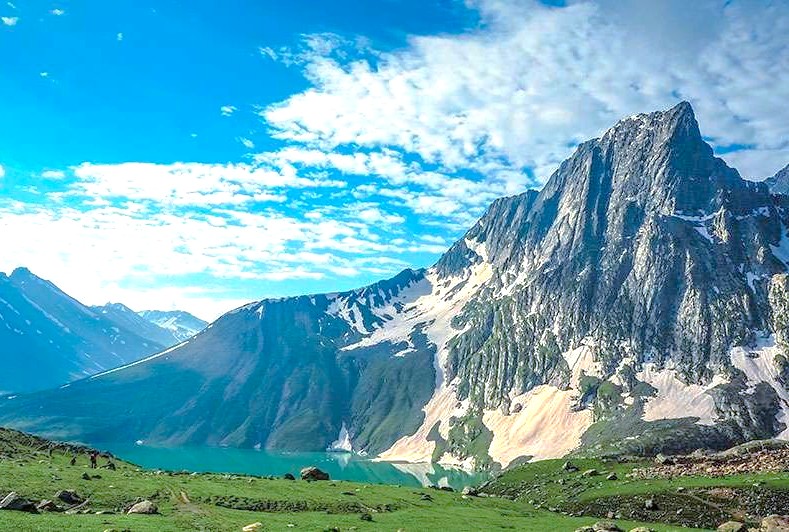
An incredible opportunity for photography enthusiasts. Picture the early morning mist rising from the lake, adorned with colorful flowers and fresh produce loaded onto shikaras. Each moment becomes a frame-worthy photo, enticing everyone to snap pictures that tell a story of tradition, resilience, and beauty. The camera lens captures boatmen navigating narrow water channels between floating gardens with practiced ease. Locals often pause their activities allowing photographers to document their daily routines.
A Culinary Journey: Savor the Flavour
The culinary masterpieces are as diverse as they are flavourful. One local specialty to try is Kahwa, a fragrant saffron-infused tea made from green tea, spices, and almonds. Enjoying this warm beverage while surrounded by the stunning scenery of Dal Lake enhances its appeal. Vendors also sell delicious Nadru Monje, fritters made from lotus stems - a unique Kashmiri dish that highlights the abundant natural resources of the area. The market offers a truly immersive culinary experience, blending flavors and tradition in every bite.
The Connection with the Gods
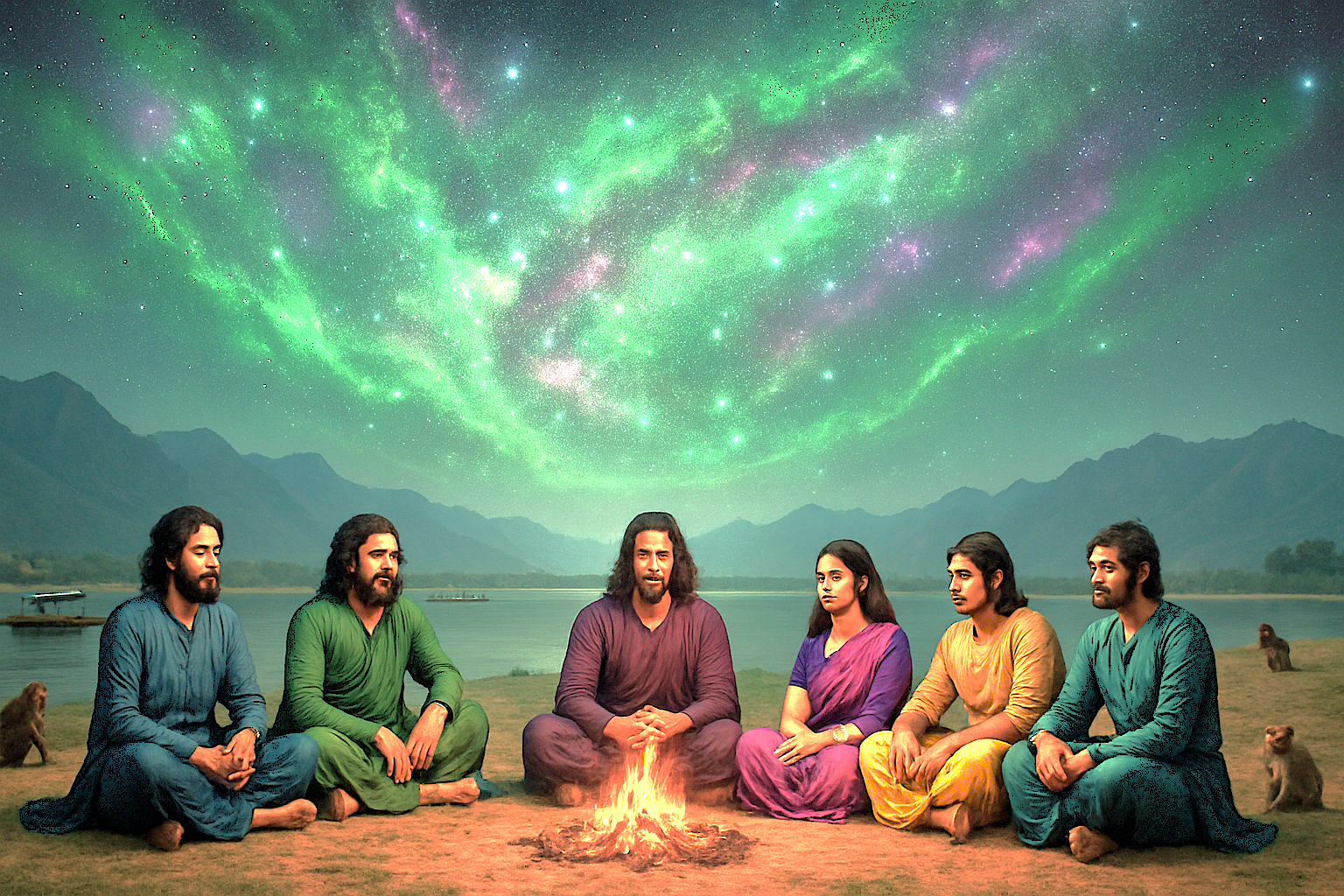
One of the most revered and well-known tales involves the heroic Pandava brothers from the sacred Hindu epic, the Mahabharata. During their long and arduous period of exile from their kingdom, the Pandavas journeyed to this region and sought rest upon the serene waters of Dal Lake. It's believed that their divine presence and blessings sanctified the unique floating gardens, bestowing upon them a lasting and miraculous fertility. This boon is credited as the genesis of the thriving agricultural trade, and over centuries turned into the iconic market seen today.
Festivals of Devotion: Honouring the Sacred and the Divine
The Floating Market Kashmir, operates within the context of various local festivals, each adding a layer of cultural richness to the experience. During Navratri, celebrated in the autumn, local families visit the market to purchase offerings, fresh flowers, and fruits for worship. This festival lasts for nine nights, highlighting the vibrant spiritual life in Srinagar. Similarly, during the celebration of Eid al-Fitr, Muslim vendors gather to sell ingredients for festive meals, showcasing the blending of different cultures and practices within the market.
Serendipitous Meetings: Beyond the Main Path
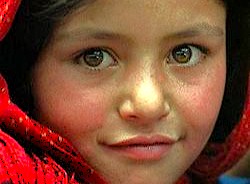
As we navigate the intricate waterways of the Market, unexpected discoveries await at each turn. Moving beyond the main trading routes, we encounter small family-run boats filled with a variety of goods including spices, baskets, and handcrafted jewelry. Many sellers arrange displays of local produce like apples and saffron, organized neatly in wooden crates. Passing through quieter corners of the market, we sometimes meet artisans at work, sharing insights into their techniques while preparing goods for sale. The water remains calm as boats glide past one another carrying textiles and household items.
Urban Legends: Strange Sightings, Myths and Mysteries
Floating Market Srinagar Kashmir. The market is rich with urban legends that tantalize our imagination. One legend tells of a phantom boat that appears only during full moons, captained by a spirit who offers exceptionally rare goods to those lucky enough to encounter it. Another tale suggests that treasures lie beneath the lake, protected by mythical creatures, waiting for a pure-hearted individual to discover them. Such stories heighten the sense of experience, drawing drama and excitement into what could be an ordinary shopping trip.
Resilience and Renewal: Overcoming Adversity's Challenges
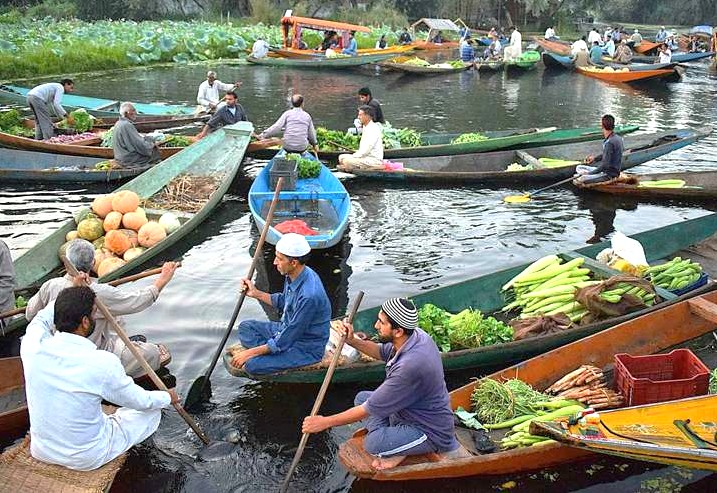
The Market has faced many challenges due to its location on the water. The floods of 2014 caused significant damage throughout Srinagar. The market, closely tied to daily routines, saw boats and docks washed away. Shops and stalls along the channel were submerged or destroyed by rising water. After the floods, the local community organized to repair boats, clear debris, and restore trade. Markets slowly reappeared, with traders rebuilding displays and reopening for business. New floating platforms replaced damaged ones, allowing activity to continue.
Life's Too Short for Someday - Join Us
We invite you on a journey through the Floating Market Kashmir. Experience the rich tapestry of colours, sounds, and aromas that envelop us as we glide through this unique market on a shikara. Each visit promises a connection to the local culture, traditions, and stories that have shaped this location over centuries.
Symphony of Generosity: Offerings from Wanderers to Residents
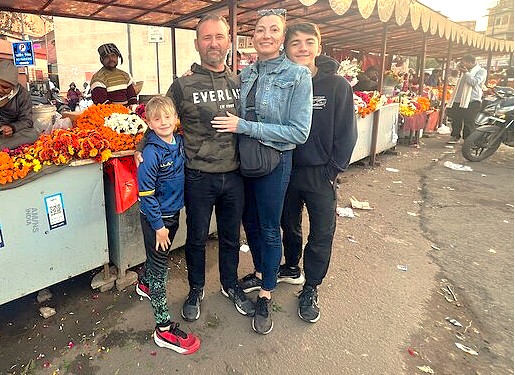
The relationship between locals and visitors is marked by mutual respect and everyday exchange. People visiting the market purchase goods directly from vendors on boats, selecting from fresh produce, spices, and crafts. Vendors often share simple stories about their trade and family traditions as they prepare baskets or arrange flowers for sale. By taking part in this open-air shopping, we interact with Kashmiri ways of life in an easy, relaxed setting. The market experience highlights the practical skills behind weaving, boat-building, or saffron sorting with each demonstration. Floating between stalls, the mix of language, local humour, and daily tasks creates an atmosphere that feels both practical and welcoming to newcomers.
Step Inside The Story - View All Tour Itineraries & Details
We’re here to offer genuine, thoughtful guidance for your travels. As a small, dedicated team, we pay close attention to every detail so you can focus on enjoying the experience while we take care of the planning. We believe the best trips begin when someone truly listens to what you want and how you like to travel, so the journey feels right for you and contributes to a happy, positive group on tour. Our communication stays clear, straightforward, and respectful at every step, with the goal of helping you feel understood, supported, and confident from first contact to the end of your journey. Click here:- Discover Life Travel - India Tour Specialists